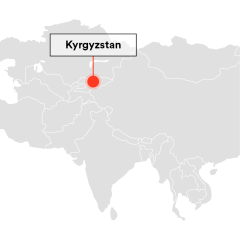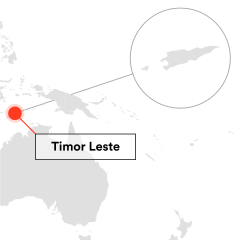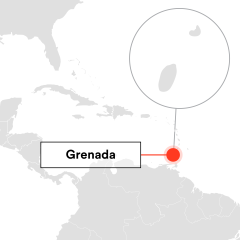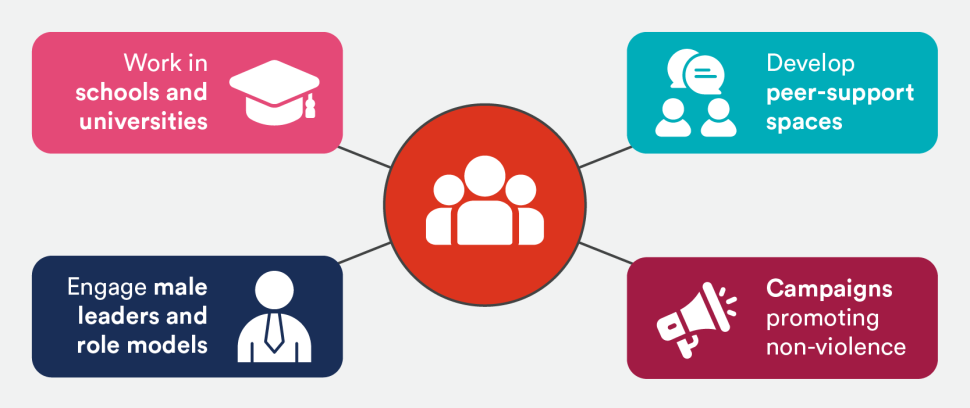Engage men and boys to end VAWG

Engage men and boys to end VAWG
Case Studies

Spotlight Initiative conducted training using the Gender Action Learning System (GALS) in partnership with the Public Foundation “Education for Community Development”. They worked at individual, family and institutional levels to help promote equitable attitudes around gender to end VAWG. This training was provided to fathers and following their participation in GALS training, 40% of fathers showed improved communication with their families on family matters and reported valuing everyone’s contribution. This is a significant improvement from baseline data, which showed deeply rooted discriminatory practices, attitudes and gender stereotypes across target communities. Families reported improved relationships and began to start the day by saying “polite and loving” words to each other and taking into consideration their interests and needs during decision-making.



Spotlight Initiative provided training to 450 parents on positive parenting and skills for developing respectful family and gender-equitable relationships. Across Timor-Leste, the use of corporal punishment (physical violence) to discipline children is prevalent, with one study by UNICEF suggesting 83% of parents consider it necessary to frighten or threaten their children to ensure they behave well and 46% believing that physically punishing children is necessary to bring them up correctly. Spotlight Initiative parenting trainings involved a variety of activities, including role-playing to counter harmful gender roles and expectations, discussions about their relationships with their children, and watching and analysing videos of harmful parent-child relationships and how to avoid them.
“I learned that instilling gender equal values in our children at home is crucial and this will determine how they will treat women and girls throughout their lifetime” - Mr Pereira, participant father.
After completing 10 sessions of the positive parenting training, Mr Pereira, a participant, explained that “with the activities, I learned that instilling gender equal values in our children at home is crucial and this will determine how they will treat women and girls throughout their lifetime”. Spotlight Initiative spoke to Mr Pereira seven months after the end of the programme to gather his reflections on his experience. He said, “the community here is ingrained with traditional norms that often perpetuate gender-based violence. Although it takes time to undo this, it is possible to combat it when we are aware of the prevention measures. I am delighted to have participated in the training.”



In 2020, Spotlight Initiative supported a National Parenting Programme in Grenada with a campaign called “Step Up Your Parenting Game”. This campaign targeted men and women who were parents and guardians. The focus of the messaging was on improving parenting approaches for the benefits of their children. This campaign included a number of sub-messages including
- “No matter who, no matter what, there is no excuse for abuse”
- “Children need their fathers: they need love, support and encouragement”
- “Feeling stressed? Check your B.E.T. (body, environment, thoughts)”
- “Communicate with your child - listen to your child”
Spotlight Initiative took two approaches to sharing these messages. The first focused on sharing these messages over the radio during prime time. The second involved recruiting twenty bus owners and drivers to have these messages put on the sides of their busses. Spotlight Initiative ensured that bus drivers were chosen from different bus routes, including those that provided services for rural communities. This was to maximise the reach of messaging. Bus drivers were required to keep their buses wrapped with these messages for at least six months. An estimated 15,000 people throughout Grenada read at least one message on a bus over this period. In total, an estimated 25,000 people were reached during this campaign.








